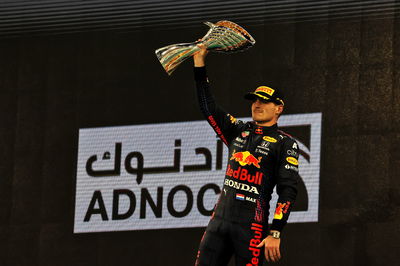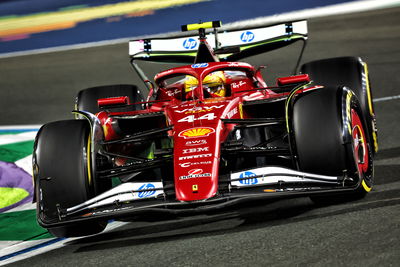Red Bull back “more than capable” Masi in F1 race director role
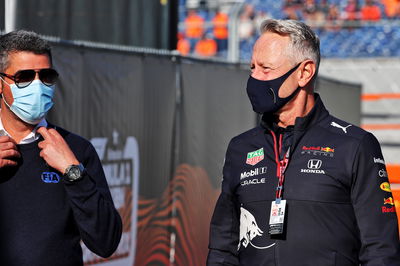
Masi’s handling of the controversial ending to last year’s title-deciding Abu Dhabi Grand Prix has seen the Australian come under intense scrutiny amid an ongoing FIA review into the events of the 2021 season finale.
The FIA’s head of single-seaters Peter Bayer recently admitted publicly for the first time that Masi could be replaced for 2022, though F1’s governing body insisted that “no decision has been taken” in a follow-up statement.
Speaking in an interview on The Jack Threlfall Show Podcast, Wheatley threw his backing behind Masi and suggested he needs greater support in order to flourish in the challenging role.
“Charlie was your ultimate poacher-turned-gamekeeper,” Wheatley said when asked about Masi’s predecessor, Whiting, who died suddenly three days before the 2019 Australian Grand Prix.
“Charlie had the respect, he was consistent in his decision-making, consistent in the way he dealt with people across the board. He knew when to tell you to shut up and when you needed an arm around you.
“He was an extraordinary man in that respect and I think the FIA were slow to realise just what a big pair of shoes that would be to fill and I think Michael, with the right support, is more than capable of doing that.
“On a personal level he is entirely a really, really nice guy with no edge to him at all. And he listens and tries to do the very best that he can.”
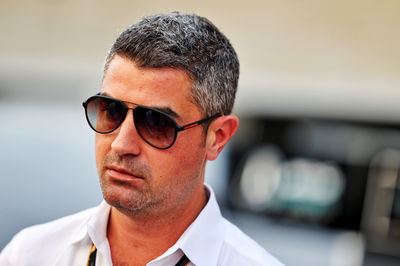
F1’s decision to broadcast conversations between the FIA and the teams for the 2021 season inadvertently led to concerns of lobbying as team principals took it upon themselves to directly contact Masi amid the intensity of the title fight.
It is understood F1 plans to stop team bosses from communicating with the race director from 2022.
Wheatley conceded the decision to broadcasting the messages in the first place was a “mistake”.
“We have supported Michael, teams have supported Michael and Michael’s helped us,” he explained.
“We’ve worked together in a collaborative fashion and that’s worked out really well. And the trouble is, that collaborative fashion dies a death when it’s broadcast.
“There were situations where I think I got a bit frustrated and said things I shouldn’t have said. It’s a nerdy level of understanding the sporting regulations that I didn’t think anyone would benefit from.
“I did think at some point that the team principles were going to then take over that channel, because the pressure is too important not to, these decisions are too important, so of course it does.
“The other thing is, you might have been able to say, ‘well I’m not sure, that’s not the regulation we should be following, or perhaps should we not be doing it this way’.
“And of course we can’t have those conversations with the race director if you know they’re going to be broadcast.”
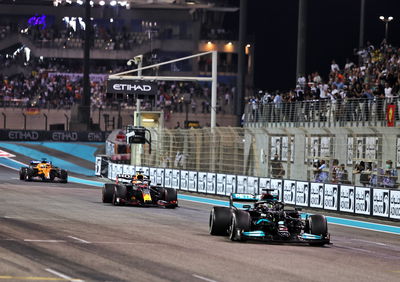
Wheatley underlined the importance of F1 working together with the FIA to ensure the investigation leads to more consistent ruling.
“We talk about the consistency of the stewards’ decisions, consistency across the board, like people who watch football would like to see from referees, and it’s not always the case,” he added.
“Of course, we’d all love it to be very, very clear. We’ve had this great, overarching philosophy of ‘let them race’, but let them race is [just] a philosophy.
“You’ve then got the black and white of the regulations, which is often very prescribed in terms of what penalty [to apply]. There’s no wriggle room in it at all.
“I think these are the areas of the sport that needs to come from the very top; it needs to come from the World Motor Sport Council, who need to say, ‘Here are the principles by which we’re going racing’.
“Then it’s up to the FIA and the teams to work together to ensure a consistent set of sporting regulations.”
